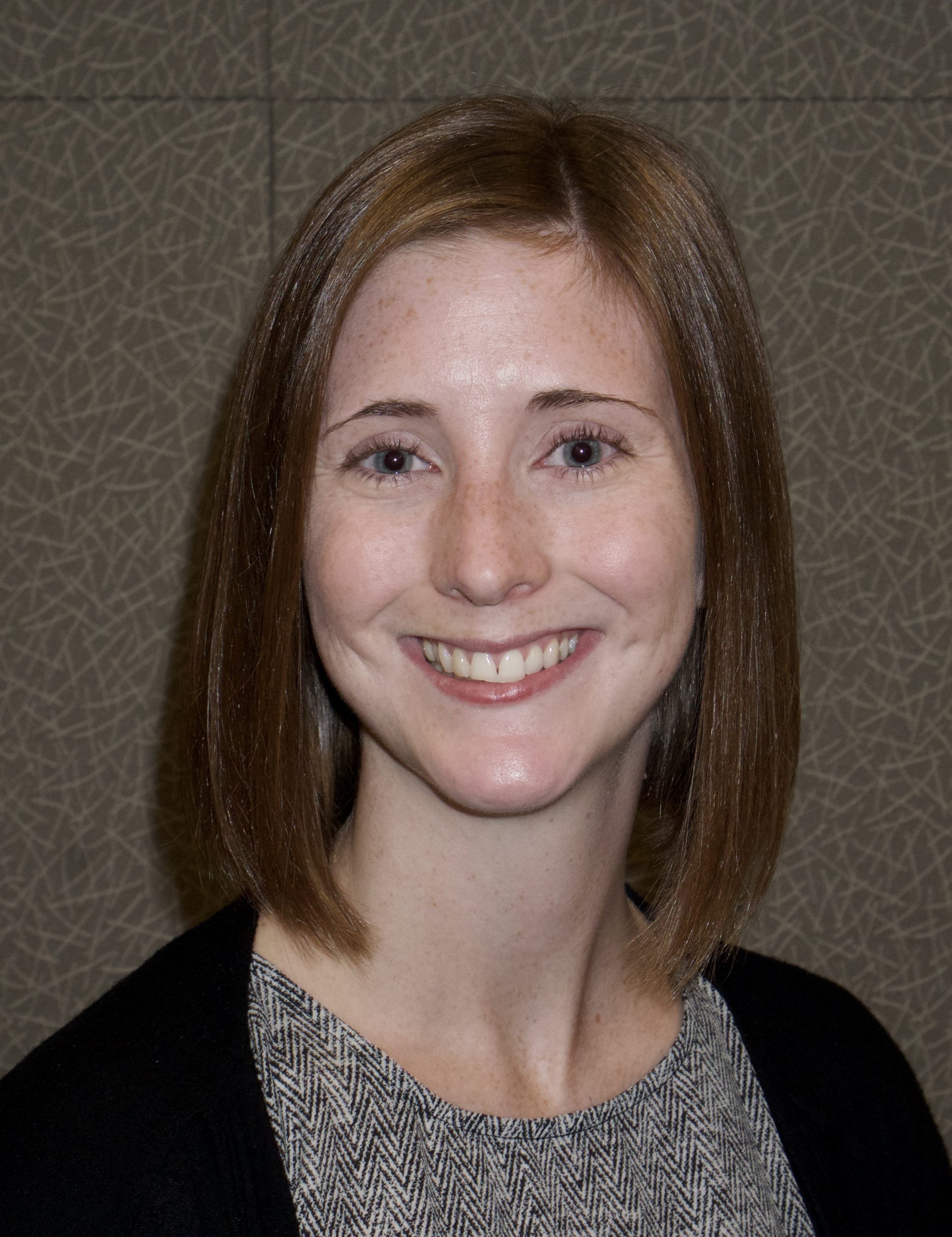By Crystal Shaw, PharmD
Like all healthcare providers working in the field, I feel like I am working non-stop to provide the best care to patients that I can. Our current health care system stresses ever-increasing speed and efficiency while minimizing costs; these emphases compel health care providers across disciplines to push themselves to their limits, and make their time all the more valuable. Under these conditions, it becomes even more important for professionals to recognize when other types of providers can make their jobs easier and their patient care more effective.
Although pharmacists have long been core members of healthcare teams, community pharmacists in particular are frequently underutilized in many practice settings. To illustrate this, I conducted an experiment: over the span of seven days at the community pharmacy where I work, I tracked the number of times I interacted with other health professionals. During that week, I received a total of eight medication- or patient-related phone calls from other health professionals. For scale, I answer on average 150-200 phone calls per week, the majority of them routine calls from patients or doctors calling in new prescriptions. Should medical practitioners more frequently turn to community pharmacists, they will find valuable sources of both technical and community knowledge.
Community pharmacists have extensive knowledge of medication, acquired from years of schooling and study. While filling prescriptions keeps us very busy, at the end of the day we are still pharmacists, experts on medication. Whether there is a question about treating a patient in the hospital or a drug interaction for a new medication prescribed to a patient by their primary care provider, we are trained to answer any and all medication questions. And, if we do not easily have the answer our fellow professionals are seeking, we can draw upon a plethora of resources to find the answer.
Alongside this technical knowledge, our practice location gives pharmacists a unique perspective on patients’ lives; we have the rare opportunity to get to know patients on a deeply personal level. For many, the pharmacy is the health care facility they visit most often: multiple maintenance medications necessitate frequent trips out to the pharmacy for patients or their caregivers. We build relationships with these patients, and we gain insights into their lives that can become important should they become hospitalized and in another provider’s care. We can tell, for example, if they’ve been taking blood pressure medication, or if they recently started purchasing an over-the-counter product indicative of an underlying health issue. And, we can often see earlier signs of health deterioration, at which time we refer them to doctors, dentists, or sometimes even the hospital.
Next time you are working in your medical team and you have a question about a medication or you need medication-related insight on a patient, give your local community pharmacist a call. It may make all the difference for your patient.
To leave a response to this post, please email Ellen Ravens-Seger.

